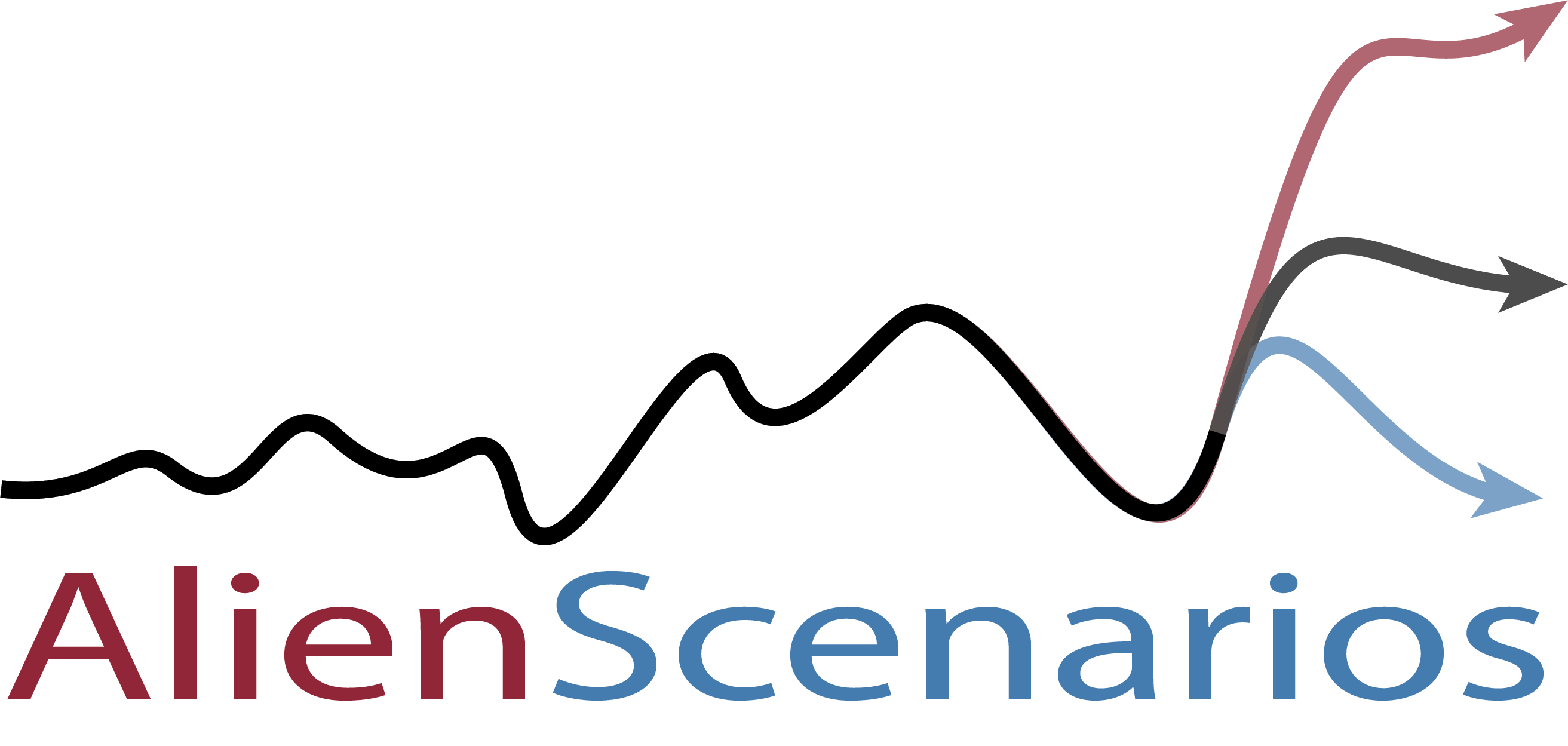The management of invasive alien species in Europe
Practices and perceptions
Practices and perceptions Biological invasions are one of the main causes of biodiversity loss and exert negative impacts on the economy, human health and the services provided by ecosystems. The number and spread of invasive alien species (IAS) are increasing across Europe despite the efforts of countries to prevent new introductions and to control established populations. The information presented in this web platform shows the results of an online survey conducted to local managers across Europe during 2022 to know the impact of these measures on IAS trends since 2015. This analysis is conducted across taxonomic groups and environments, in order to assess whether there are differences among them. Mapping the management measures and IAS trends in Europe is an essential starting point to assess how successful is Europe in achieving the 2030 CBD target of substantially reducing IAS impacts.
Start
About us
This study was initiated within the framework of the international research project AlienScenarios (https://alien-scenarios.org) that aimed to explore potential future scenarios for IAS trends during the 21st century and provide crucial information for proactive IAS management and policies. If interested in a collaboration or more information about this work, please contact Núria Roura-Pascual (University of Girona) at: 
Citation
Funding
AlienScenarios project is funded by the joint call for research proposals 2017-2018 Belmont-BiodivERsA Forum, within the BiodivScen ERA-Net COFUND program, and the following funding organizations: Ministerio de Ciencia e Innovación-Agencia Estatal de Investigación (Spain; AEI PCI2018 -092966), Fonds zur Förderung der Wissenschaftlichen Forschung (Austria; FWF project 4011-B32) and Bundesministerium für Bildung und Forschung (Germany; BMBF project 01LC1807B), Agence Nationale de la Recherche (France) and Natural Sciences and Engineering Research Council (Canada).
